
New Cybersecurity Certification for Defense Contractors Gets Underway
The Office of Management and Budget is set to finalize a federal acquisition rule that increases cybersecurity requirements for defense contractors.

The Office of Management and Budget is set to finalize a federal acquisition rule that increases cybersecurity requirements for defense contractors.
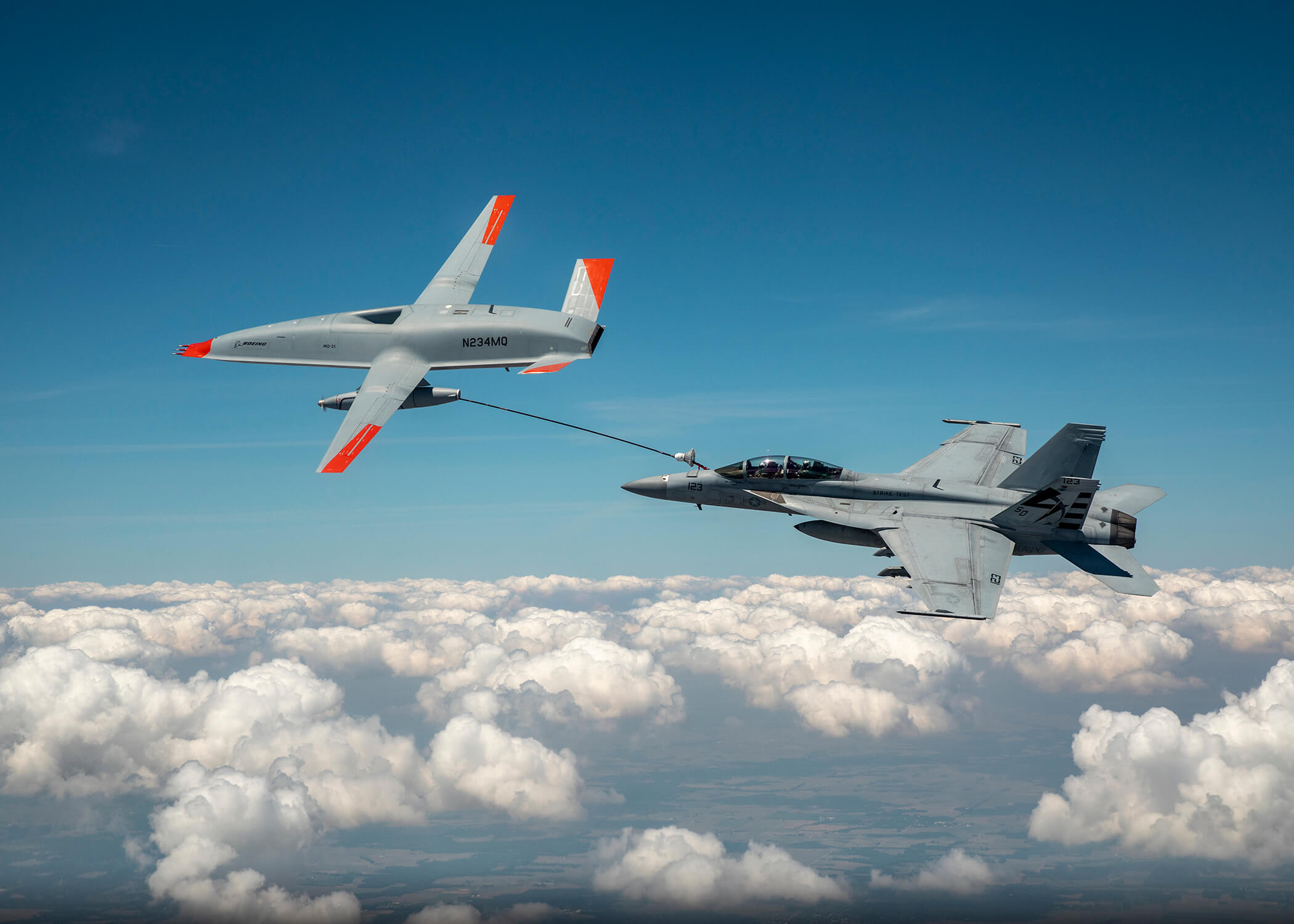
Problems arise when the military services become infatuated with advanced technologies regardless of their relevance.
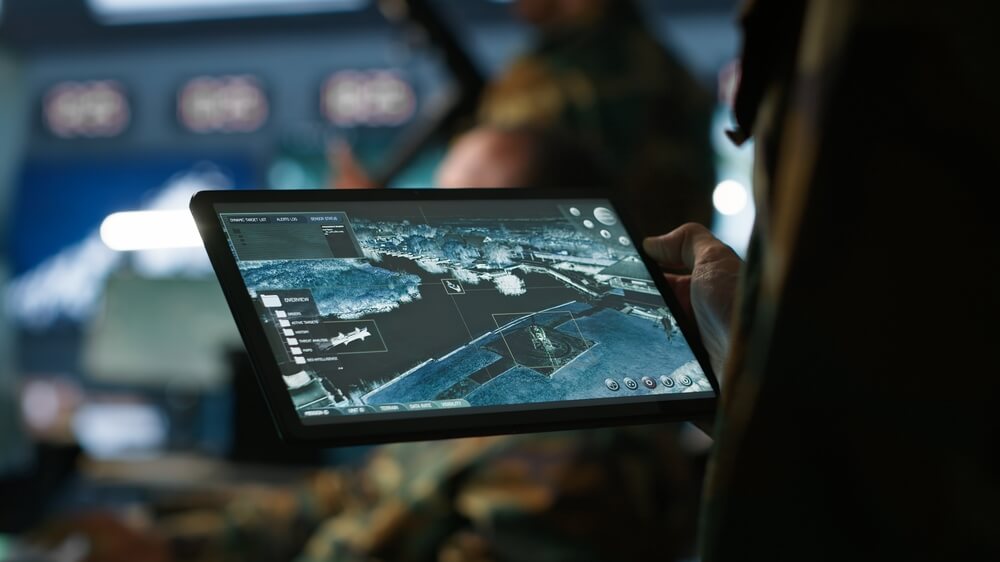
Tablets used by the military are assembled with parts that trace back to companies under China’s control, with some flagged by Congress for ties to the Chinese military.

As the Pentagon works to operationalize AI and data at scale, generative AI is driving efficiency and mission-readiness across the military services.
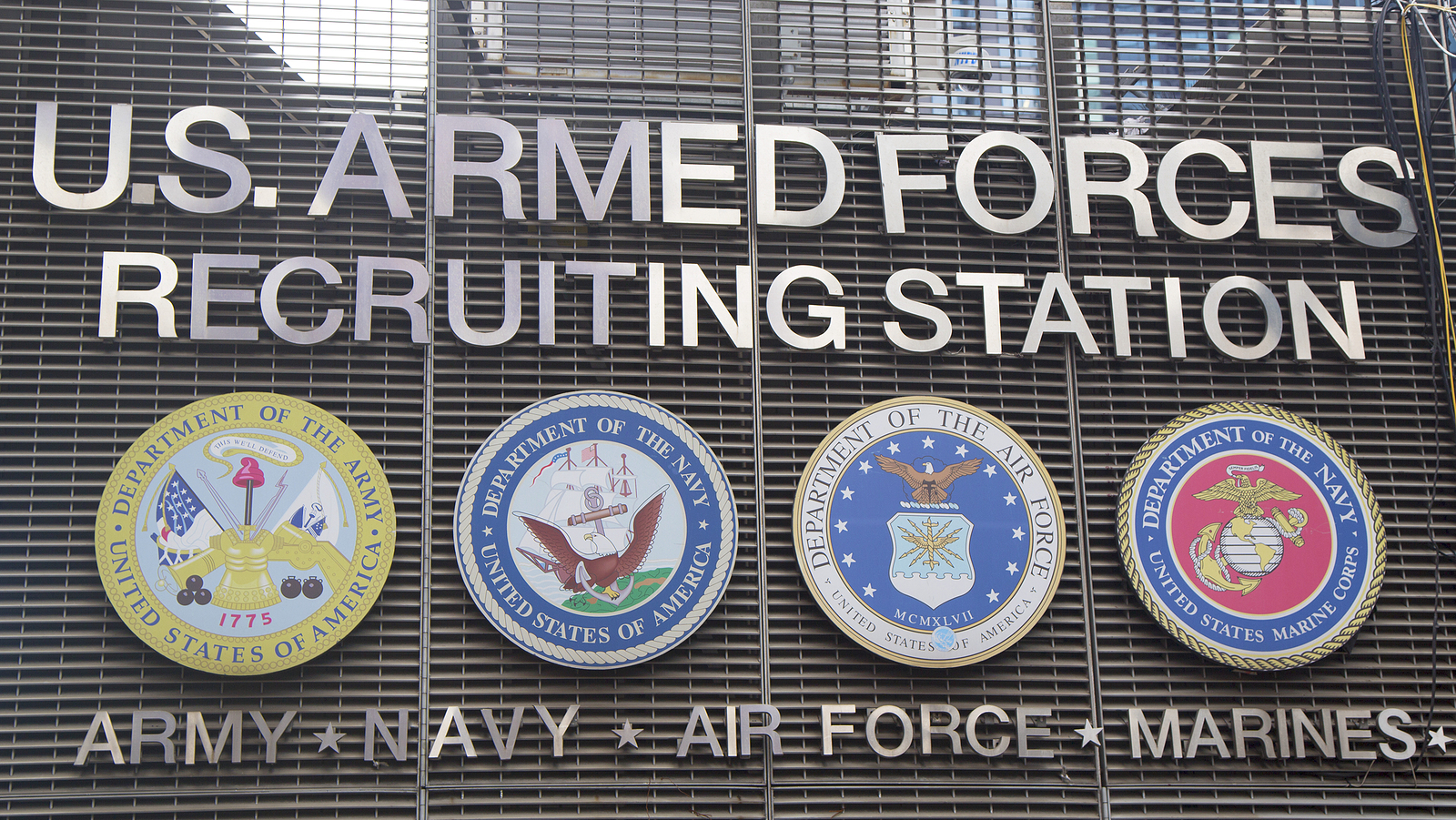
The emerging problem is that the data the Department of Defense plans to send to states is insufficient.

Microelectronics manufacturing has been offshored over the past 25 years, which threatens our ability to produce microelectronics at scale.
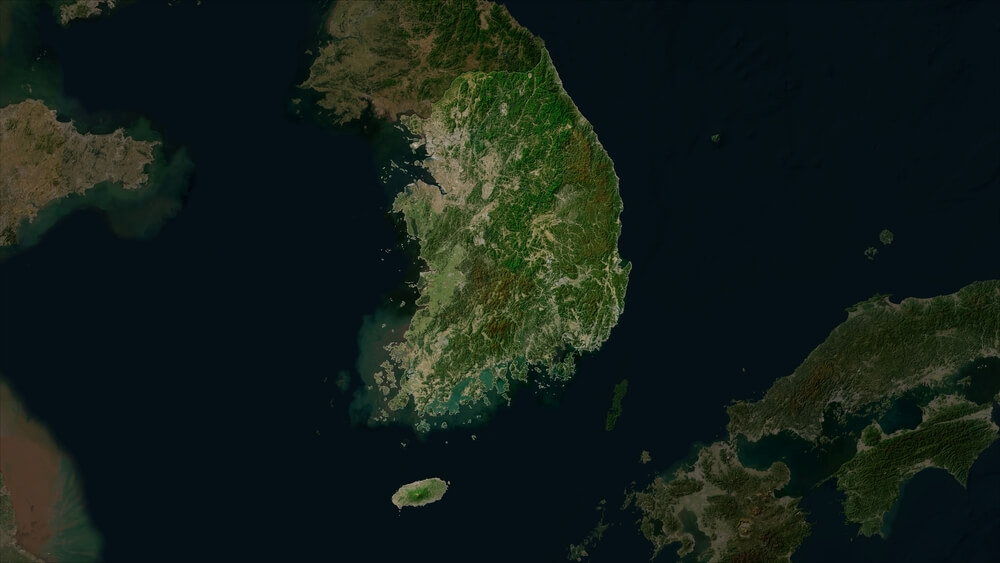
A transfer could slow decision-making and complicate alliance coordination during the unprecedented chaos of a dual contingency.
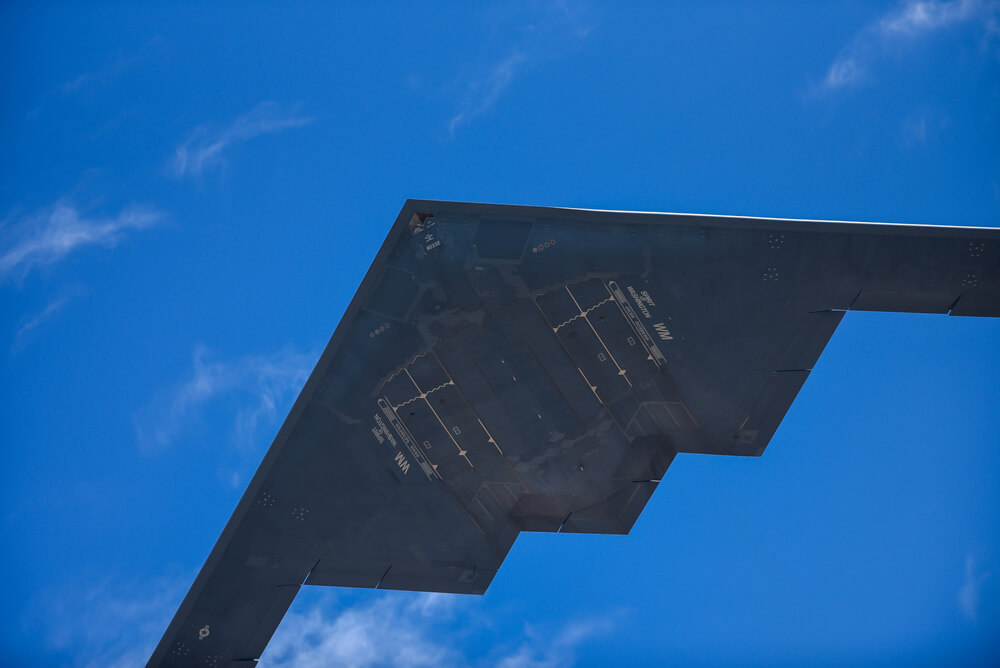
Beyond the pilots and aircraft is a critical, overlooked layer of support that needs buttressing: the public schools that make mission readiness possible.

The lack of U.S. manufacturing for flat panel displays and reliance on Chinese sources present significant, potentially catastrophic risks to the U.S. military, economy and infrastructure.
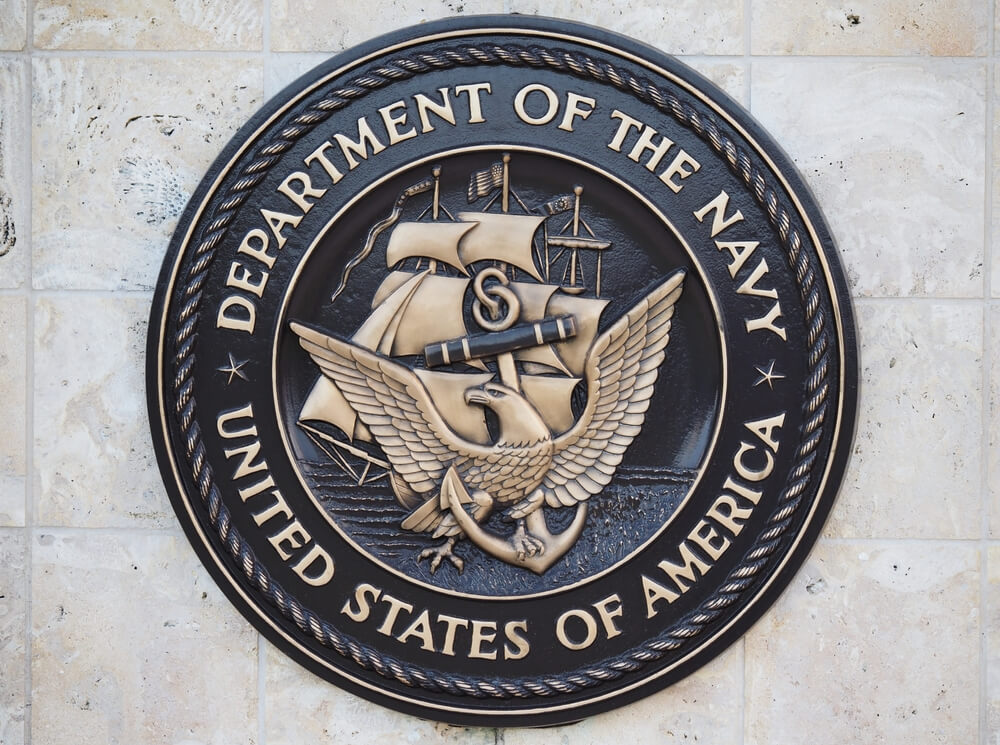
The Navy’s program executive office for unmanned systems and small combatants is potentially on the chopping block. That’s a bad idea.
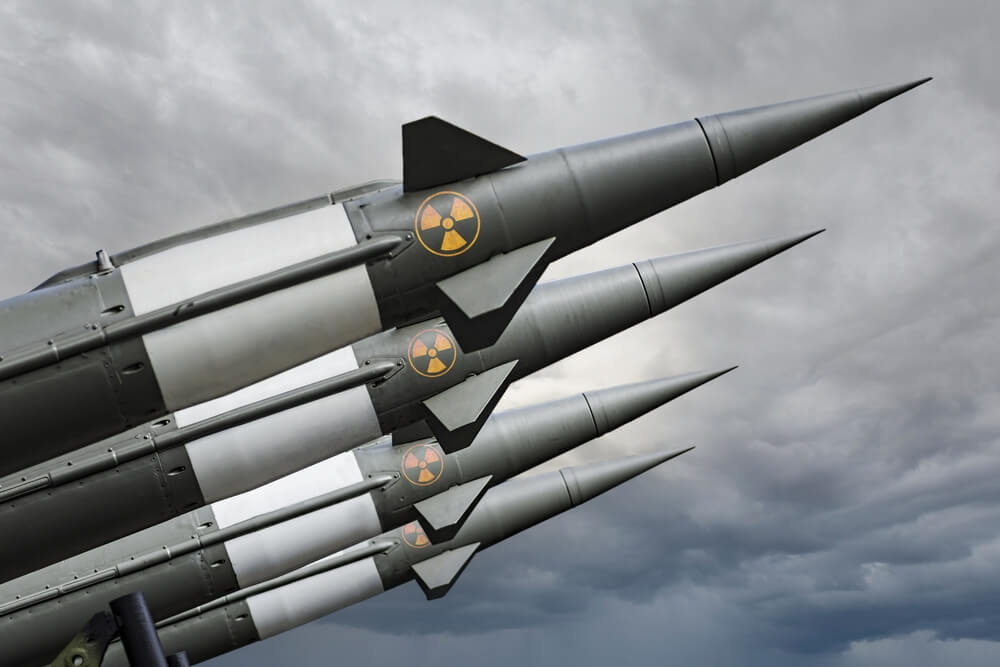
The nuclear age has seen many arguments put forward in favor of abolishing nuclear weapons. So far, none has prevailed over nuclear deterrence.
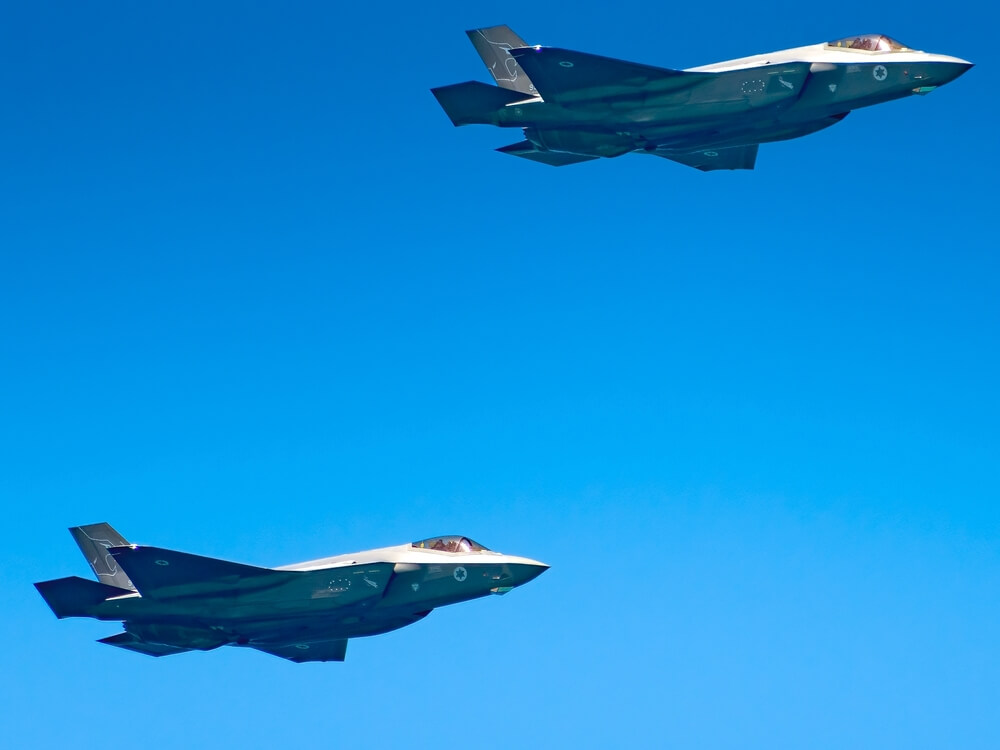
For the U.S., the lesson is clear: fifth and upgraded fourth-generation fighters are essential for maintaining operational mobility and strategic flexibility.

The Department of Defense has an opportunity to rethink its traditional approach to protecting operational technology systems.
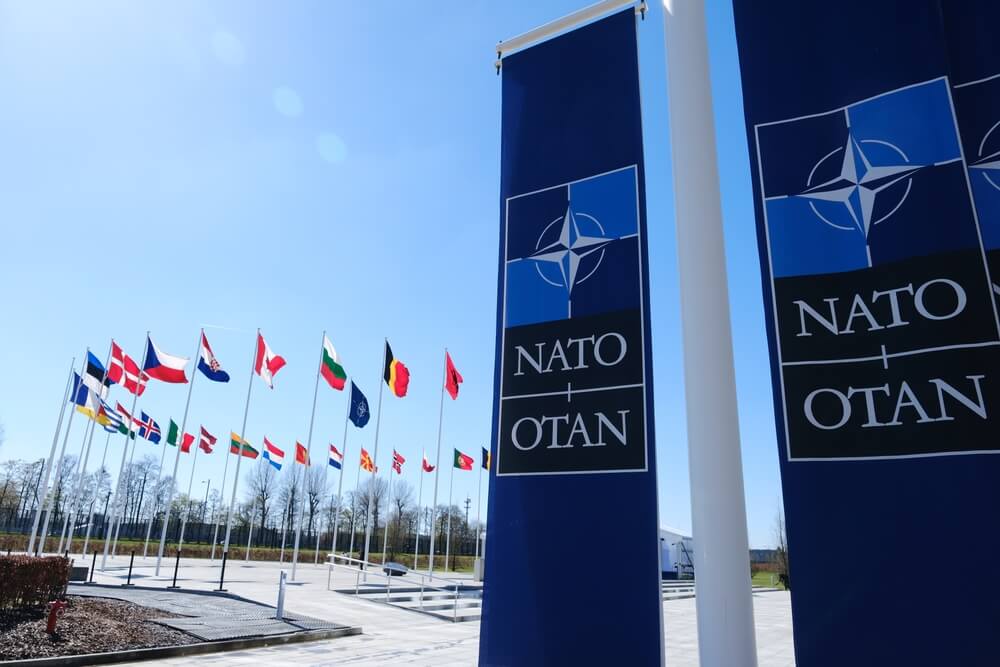
The greatest national security risk stemming from this surprising omission is before, not after, any actual hostilities with China erupt.

While the United States maintains extended deterrence commitments to South Korea and Taiwan, a pressing question looms—would the U.S. commit military forces at scale, and for as long as necessary, on both fronts?

Applying the zero trust approach to information technology is familiar territory, but applying it to operational technologies is fundamentally different—and far more complex.
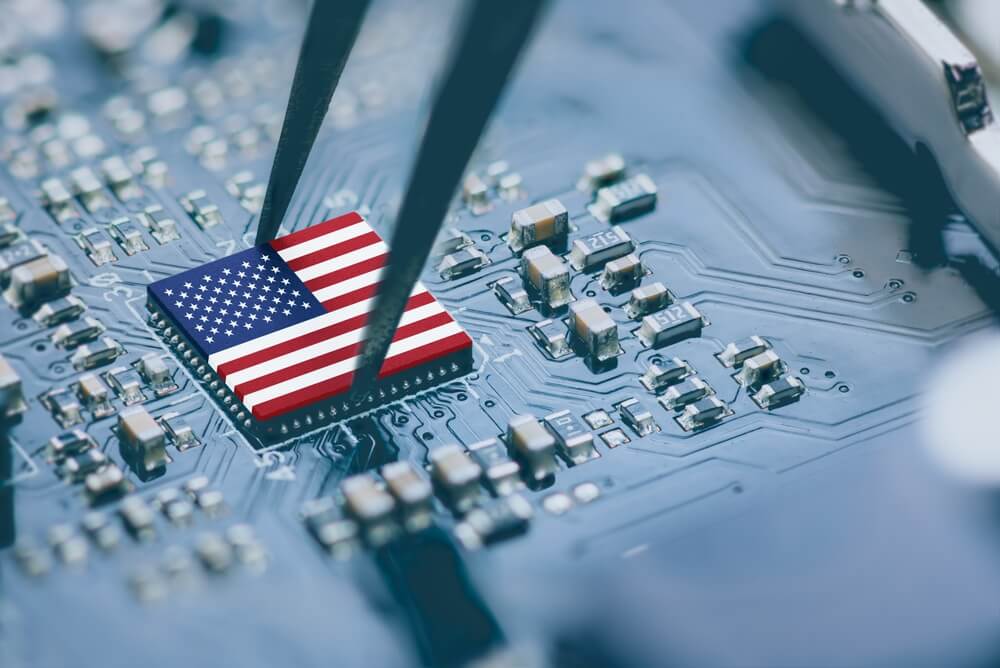
The problem isn’t just about microelectronics that have shifted offshore over the last several decades. Rather, it’s about failure to act, even as the path forward is staring at us in the face.
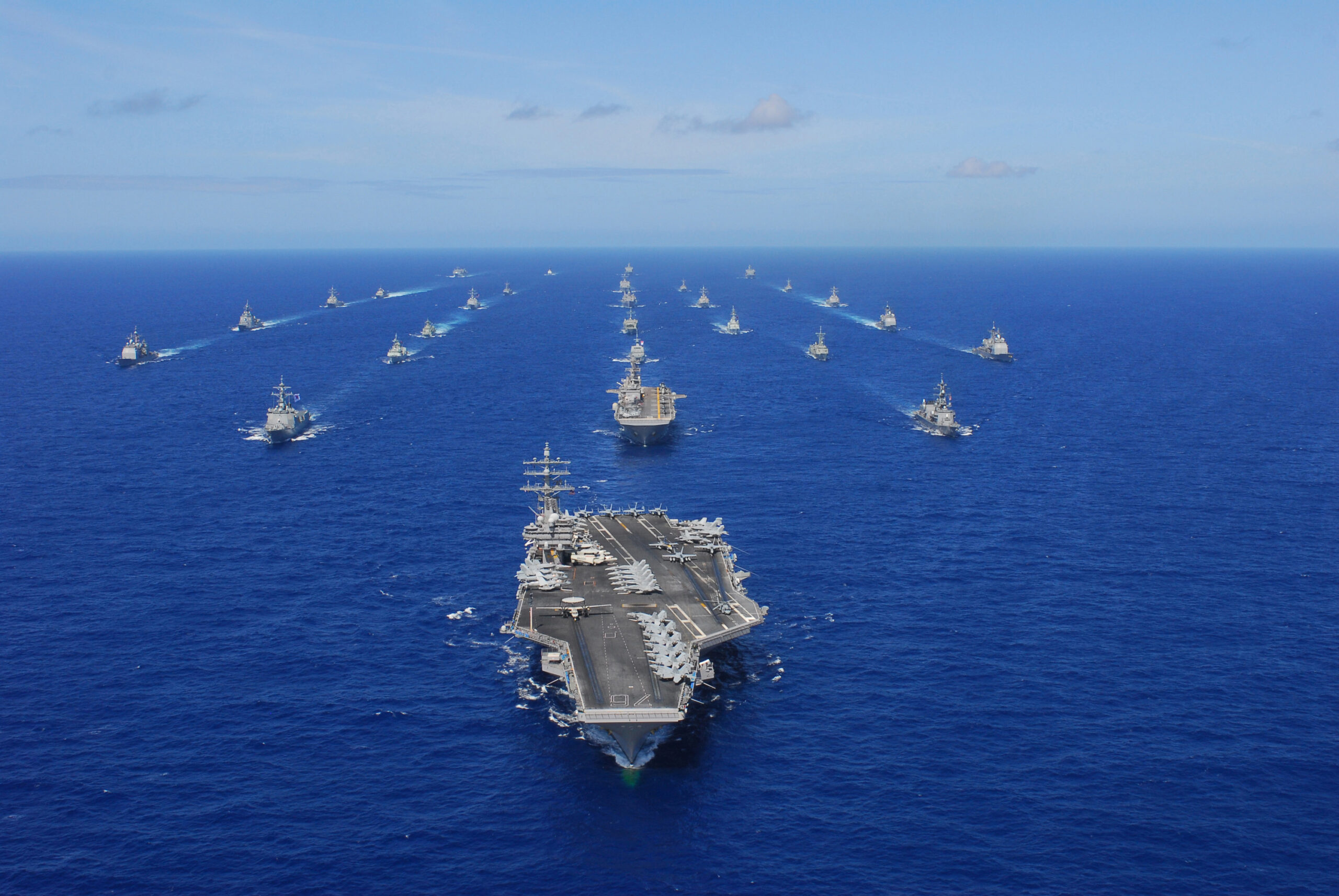
Introduction of smaller, unmanned ships as an adjunct to the existing Navy fleet solves the problem of large ships not able to distribute combat capability.

Because so many veterans already are isolated or on the brink of isolation, that dramatically heightens the importance of interactions with the sprawling and often bureaucratic VA network.
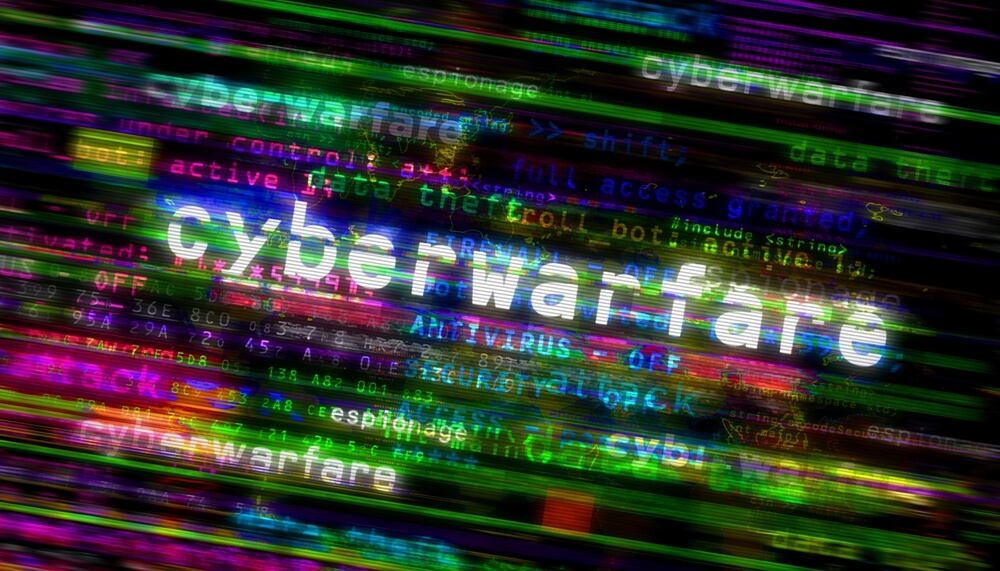
Technology now empowers us to precisely attribute the source of attacks. failing to respond is tacit acceptance of current and future attacks. We must escalate deterrence measures along with implementing cyber defenses.

The rapid rise in housing prices across the country is the result of a housing supply deficit in the U.S. This lack of housing supply is now a defense readiness issue.
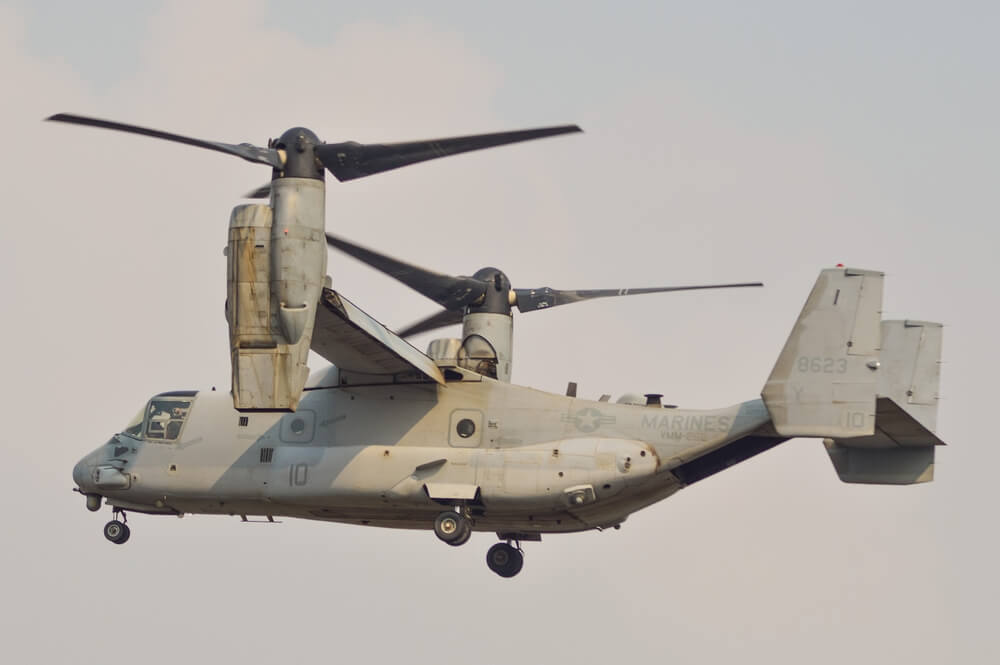
The military services are successfully embarking upon continuous improvement of the V-22, an aircraft absolutely essential to our military’s concepts of operation, especially in the Indo-Pacific.
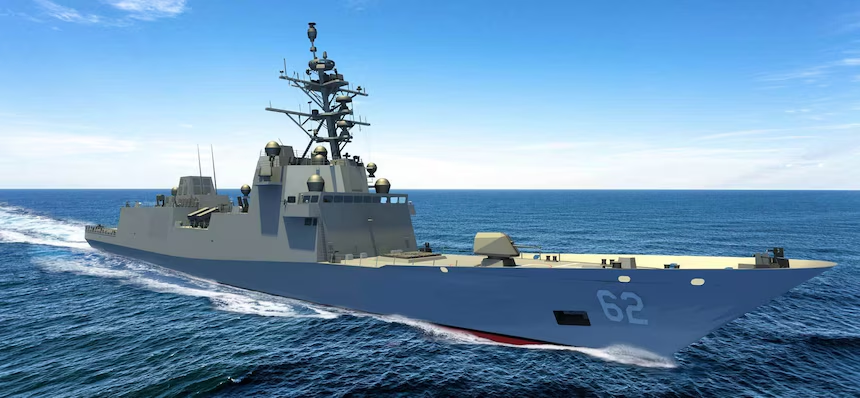
It’s time to fix the frigate, and produce it in numbers, even at the expense of the larger DDG, and pair all manned combatant ships with unmanned “sidekicks.”
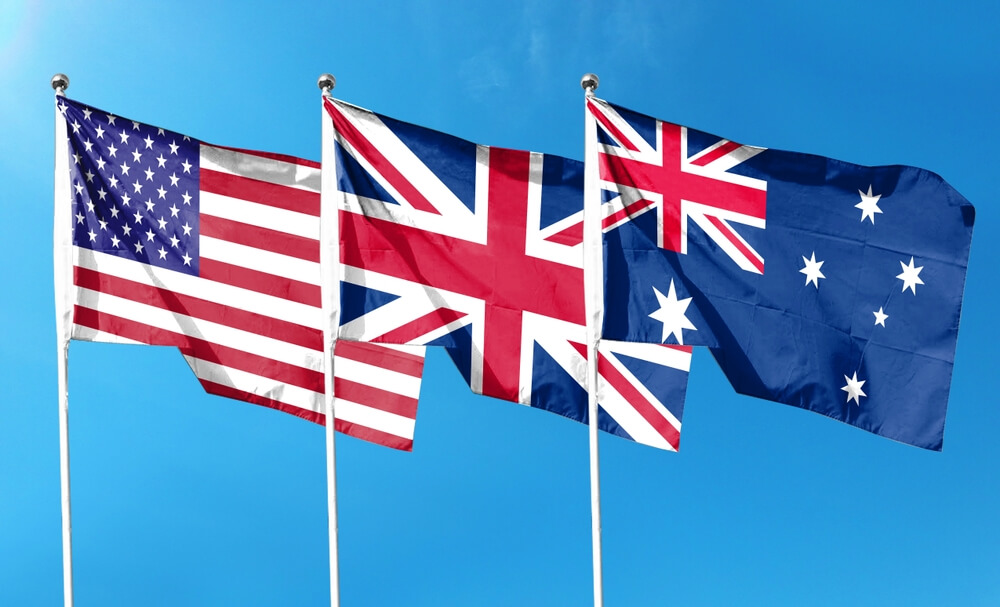
The AUKUS agreement introduces a significant risk: the potential for cyber threats exploited by adversarial nation-states or others opposed to the mission of AUKUS.

But several recent developments should lead policymakers to rethink the wisdom or feasibility of clearing a “pipeline” from this critical band for 5G expansion.
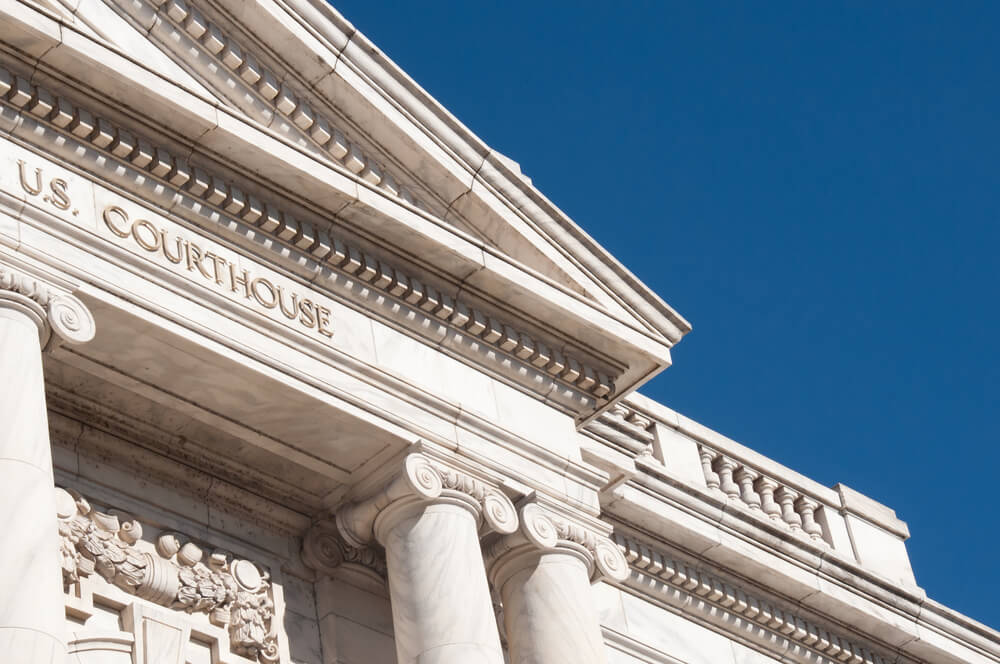
The case highlights how foreign actors, shielded by legal intermediaries, can engage in economic warfare against critical U.S. industries with little to no accountability.

Defense technology has advanced a lot since the 1980s and offers new opportunities that the U.S. is determined to seize.
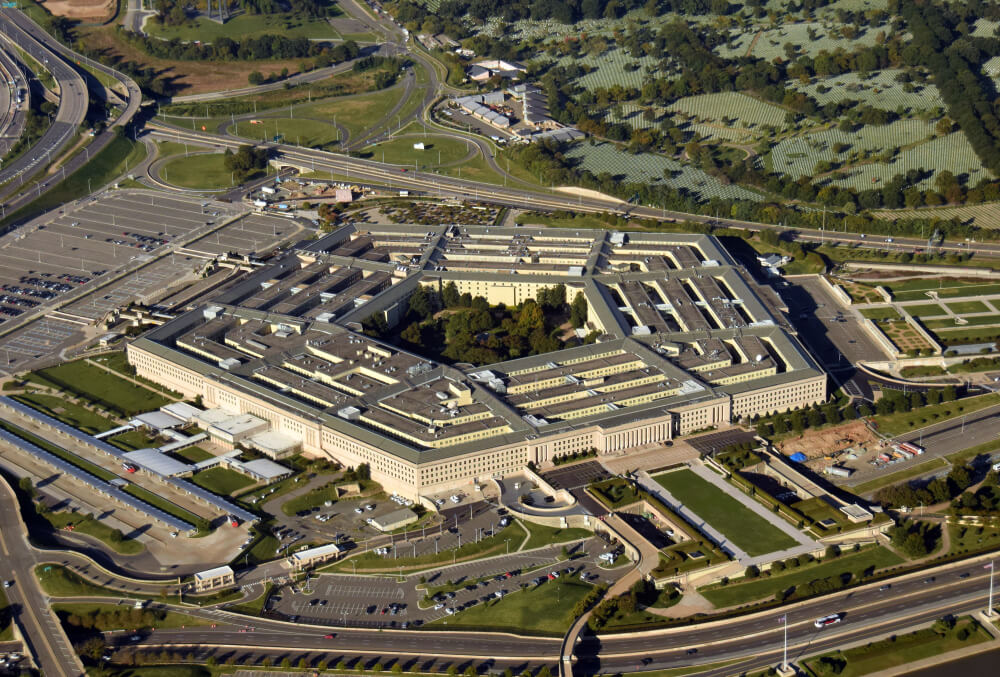
Adopting agile practices from the commercial sector allows government organizations to deliver the flexibility, innovation and readiness the mission demands while strengthening national security.

The Modular Open Systems Approach to aircraft design emphasizes the use of modular components with standardized interfaces. This allows for easier upgrades, maintenance and integration of new technologies over time.

While Russia seeks Ukraine’s subjugation in Europe and the People’s Republic of China looms as a rising danger to Taiwan across the sea in the Pacific, the military dimensions of space have grown ever more important.